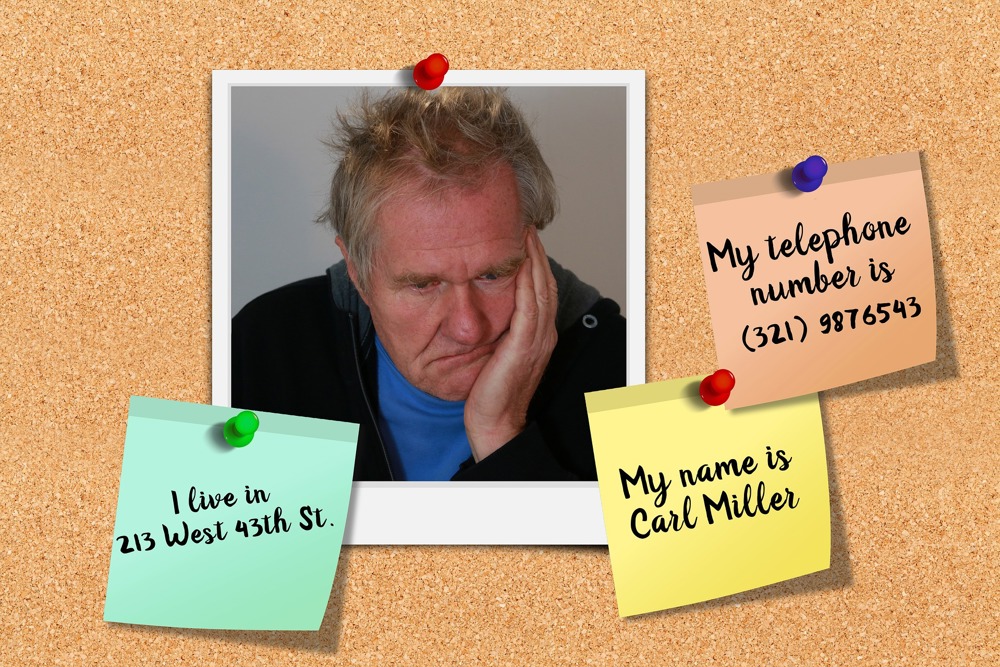

Coma, a severe intellectual disability or advanced dementia are disabilities in which the term incapacitated is often used. But even with minor limitations, someone can be (temporarily) incapacitated.
So anyone can have to deal with it and what do you do then? About Time is happy to help you and put things in order.
Legally competent or incapacitated
You are legally competent if you are able to understand information, properly assess your own interests and make independent decisions about, for example, care and treatment or financial issues and dealing with money.
In principle, everyone is legally competent, until, for example, a geriatrician or other doctor is of the opinion that you can no longer understand and weigh up, understand the consequences of your decision and/or cannot make a decision.
Legally competent or incapacitated is not black and white. It is directly related to the circumstances and the question being asked. For example, someone can still decide about their daytime activities or what they want to eat, but no longer about issues related to care and finances.
A person who is incapacitated has a legal representative. In the case of children, these are usually the parents.
It is therefore important to think and talk in time about what you find important in life, and what your wishes are in care, illness and dying. This way, the doctor and the person representing you will know better how to meet your wishes.
Want to know more?
Want to read more?
Testament www.notaris.nl
Living will www.notaris.nl
End of life and euthanasia End of life and euthanasia | Rijksoverheid.nl
Guardianship, administration and mentorship: Info sheet (overheid.nl)





